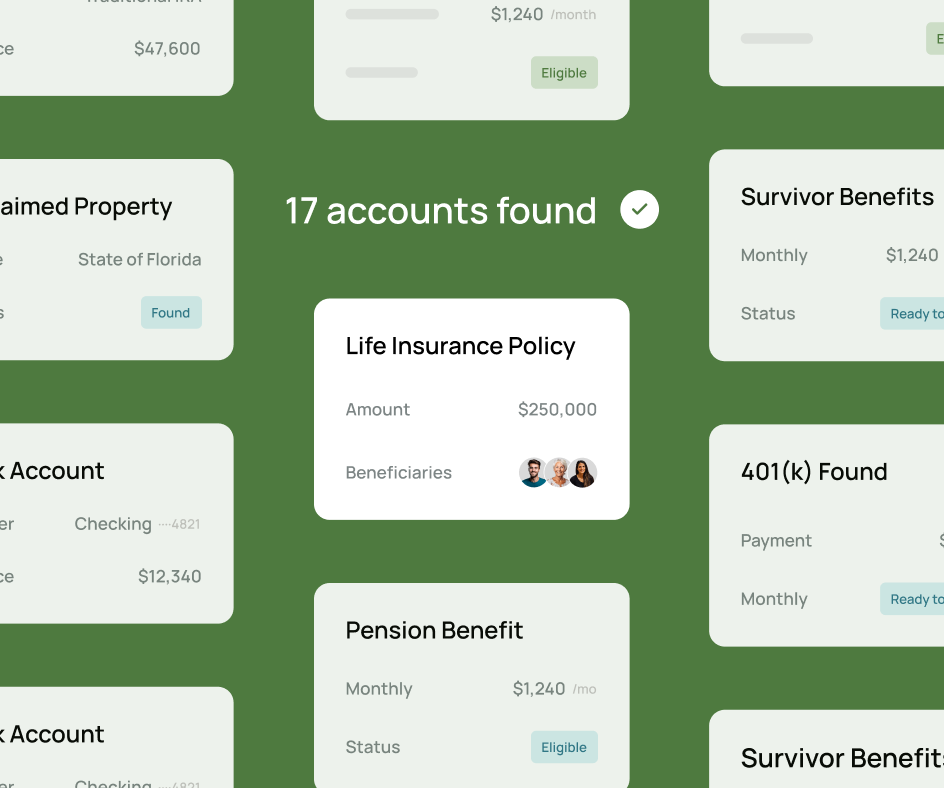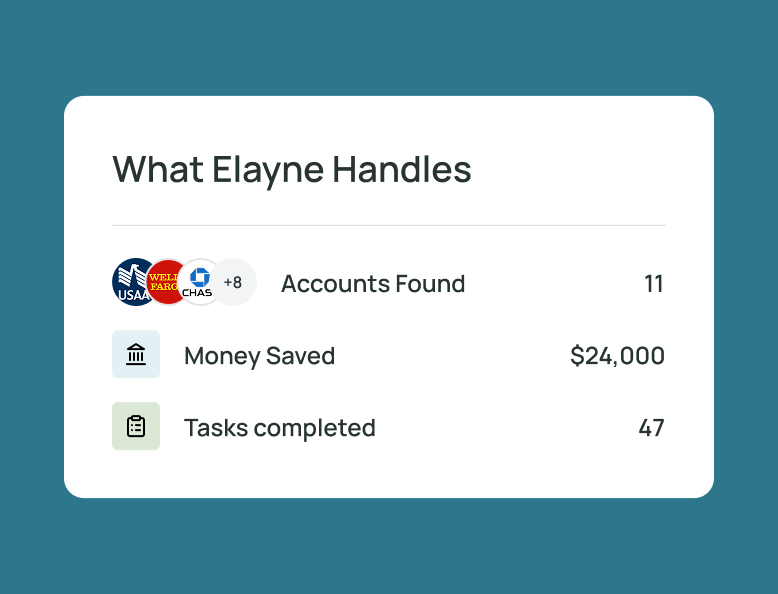Key Takeaways:
- Pennsylvania imposes an inheritance tax on property transfers after death, including for residents of Philadelphia.
- Philadelphia follows statewide inheritance tax laws—there are no additional city-specific rules.
- Exemptions and strategic planning can help reduce or eliminate tax liability.
{{blog-cta-financial}}
Alongside the grief and emotional stress that comes with losing a loved one, families often face complex legal and financial responsibilities. One of the most misunderstood issues is the Pennsylvania inheritance tax, which can impact the assets left behind, even when a valid will is in place.
If you’re a Pennsylvania resident, understanding how Pennsylvania’s inheritance tax applies to you is essential—whether you’re planning your own estate or managing someone else's. In this guide, we’ll cover the tax rates, exemptions, filing process, and planning strategies that apply to Philadelphia residents navigating the Pennsylvania inheritance tax system.
What Is the PA Inheritance Tax?
The PA inheritance tax is a state-level tax applied to the transfer of a deceased person’s assets to their heirs. Unlike the federal estate tax—which only affects large estates—Pennsylvania’s inheritance tax applies more broadly and at lower thresholds.
Whether or not a will exists, the tax may be owed on assets like real estate, bank accounts, investment portfolios, and personal property. The tax is paid by the recipient of the assets—not the estate—and is based on their relationship to the deceased.
Who Pays and How Much?
The inheritance tax rate in Pennsylvania depends on the heir’s relationship to the deceased:
- 0% – Surviving spouses and transfers to charitable organizations or government entities.
- 4.5% – Direct descendants, such as children, grandchildren, and parents.
- 12% – Siblings of the deceased.
- 15% – Other heirs, including nieces, nephews, cousins, and unrelated individuals.
Assets subject to the tax may include:
- Real estate located in Pennsylvania
- Cash and investment accounts
- Vehicles and personal belongings
- Business interests
These rates can significantly affect the amount received by heirs, particularly for non-immediate family members.
How Philadelphia Residents Are Affected
Although Philadelphia has its own probate system, there is no separate Philadelphia inheritance tax. The same statewide Pennsylvania inheritance tax rules apply throughout the Commonwealth.
However, residents of Philadelphia typically file returns and pay taxes through either:
- The Philadelphia Register of Wills (for local support and probate issues), or
- The Pennsylvania Department of Revenue (for direct processing and payments).
While Philadelphia professionals (e.g., estate attorneys or tax advisors) may help address local estate matters, the tax laws governing inheritance are entirely state-driven.
How and When to File
To comply with the law and avoid penalties, heirs or estate administrators must file the PA inheritance tax return (Form REV-1500) within nine months of the date of death.
Key deadlines and benefits include:
- 5% discount if paid within three months
- Interest and penalties if filed late
- Required documents:
- Official death certificate
- Asset valuations (e.g., real estate appraisals, bank statements)
- Documentation of family relationships or legal beneficiary status
Proper and timely filing ensures a smoother estate settlement process.
Exemptions and Special Considerations
Several important inheritance tax exemptions exist in Pennsylvania:
- Life insurance proceeds paid directly to a named beneficiary are not taxable.
- Transfers to charities or government agencies are fully exempt.
- Family-owned businesses and farms may qualify for special exclusions, which help preserve generational wealth and reduce financial strain.
Consulting a professional can help identify if an estate qualifies for these exemptions.
Common Mistakes to Avoid
Even well-meaning executors or heirs can make costly errors. Here are some frequent pitfalls:
- Missing the 9-month filing deadline, leading to penalties
- Incorrectly valuing assets or failing to include all taxable property
- Assuming city-specific rules apply, when only state law matters
- Failing to claim exemptions that could significantly reduce tax liability
Proper documentation, timely filing, and professional guidance are key to avoiding these mistakes.
{{blog-cta-financial}}
FAQs
1. Does Philadelphia have its own inheritance tax?
No. The inheritance tax is set and enforced by the state of Pennsylvania. Philadelphia follows the same rules.
2. What assets are subject to the tax?
Most assets—including real estate, cash, investments, and personal property—are taxable unless exempt.
3. Can the Pennsylvania inheritance tax be reduced or avoided?
Yes. Planning strategies, early payments, and claiming exemptions (e.g., for life insurance or family businesses) can reduce or eliminate tax liability.
4. Who files the inheritance tax return?
Typically, the executor of the estate or the beneficiary of the asset files the REV-1500 form.
5. What happens if the estate can’t pay the tax?
The tax is due regardless. If the estate lacks liquidity, assets may need to be sold. Penalties and interest will accrue if not paid.
The PA inheritance tax applies to all residents across the state—including Philadelphia—and can significantly impact what heirs receive. Fortunately, with early estate planning, a good understanding of exemptions, and timely filing, you can help minimize its effect.
Whether you're preparing your own estate or handling a loved one’s affairs after a death, check out the Elayne After-Tax Inheritance Calculator for an estimate of how taxes will affect your inheritance.













































